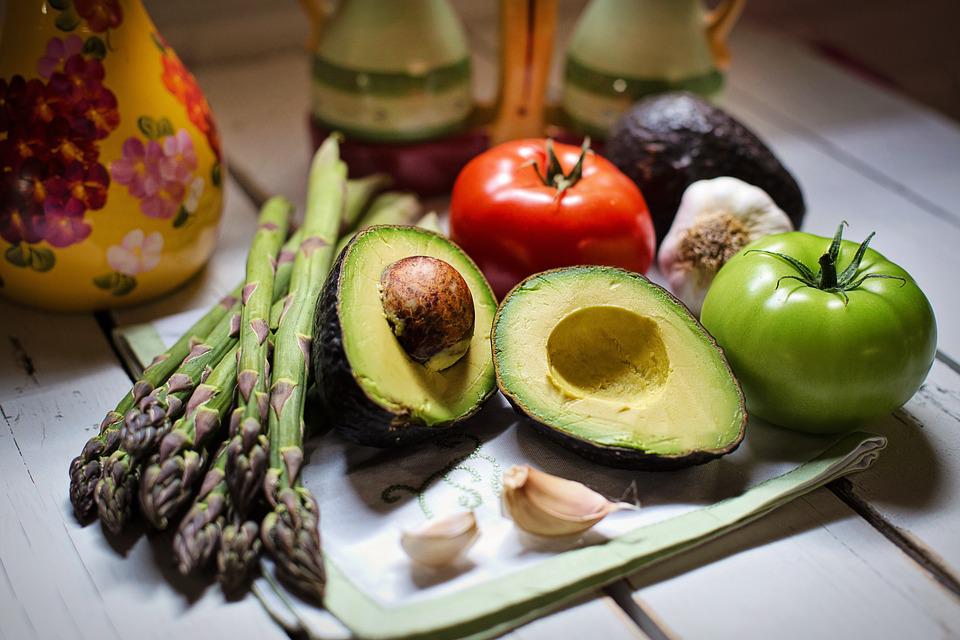



Article by: Hari Yellina
According to one of Australia’s largest organic carrot growers, the warmer-than-usual autumn has resulted in crops growing at a faster rate than planned. Arahura Farms, which spans 650 acres across two sites in Victoria’s Swan Hill district, crops carrots, beetroot, and celery all year. General Manager Sean Croft stated that while the summer has been quite moderate, there has been significantly more rain than typical. “It’s made it a lot more difficult to go into paddocks for weeding and root crop harvesting since the windows to get in and harvest have been a lot smaller,” he added. “However, altogether, I’ve had a nice time maturing.” However, in terms of weed control, this is the most difficult period of year.
Winter grasses have a tendency to explode as soon as the conditions are appropriate, and controlling them is both costly and time-consuming. They swiftly overtake carrots that are unable to finish, so this is a high-risk period of year for us.” Carrots are the company’s major product, with a weekly yield of roughly 60 tonnes. The company grows two varieties of carrots throughout the year, with one sown in April to avoid the bolting season. “We generally sell through supermarkets and under our Arahura brand in Australia, but we also pack under our “Love Bites organic” brand, which is largely focused on export, “Mr. Croft explained. He, on the other hand, argued that when retail prices decline, consumer sales will rise.
“Being the leading farmer of organic carrots and having the capacity to deliver consistently every day means we’re probably not seeing the growth that other organic lines are enjoying right now,” he explained. “While there is some growth, I believe it is due to retailers coming on board and making it available to more people, in more areas, and with greater consistency.” The pricing difference between the farm gate and the consumer is one of the most serious issues we’re seeing. I think the more commercially minded organic growers are doing a terrific job of trying to deliver a good pricing, but in the present supply chain, it isn’t always passed on to the consumer.”
According to Mr. Croft, the company produces celery and beetroot all year. Arahura Farms employs over 50 employees across the company, and they distribute their fruit using their own vehicles and refrigeration. Mr Croft explained, “Celery is a relatively new product for us, and we started with 10,000 seedlings each week three years ago and are now averaging around 50,000.” “With our rotation, weather, and soil types, celery has worked well for us.
It’s unquestionably a rising line for us, and it complements our carrots nicely in the export market. In addition, we plant approximately 10 tonnes of beetroot per week; it’s a fairly consistent line that we’ve always grown. I believe it has grown in popularity in recent years as its health benefits have become more well known, particularly in the juicing area. It cost a lot of money to have all the equipment when it’s maybe not justified on a spreadsheet, but it ensures that we go above and above for our customers and provide them with the finest.”